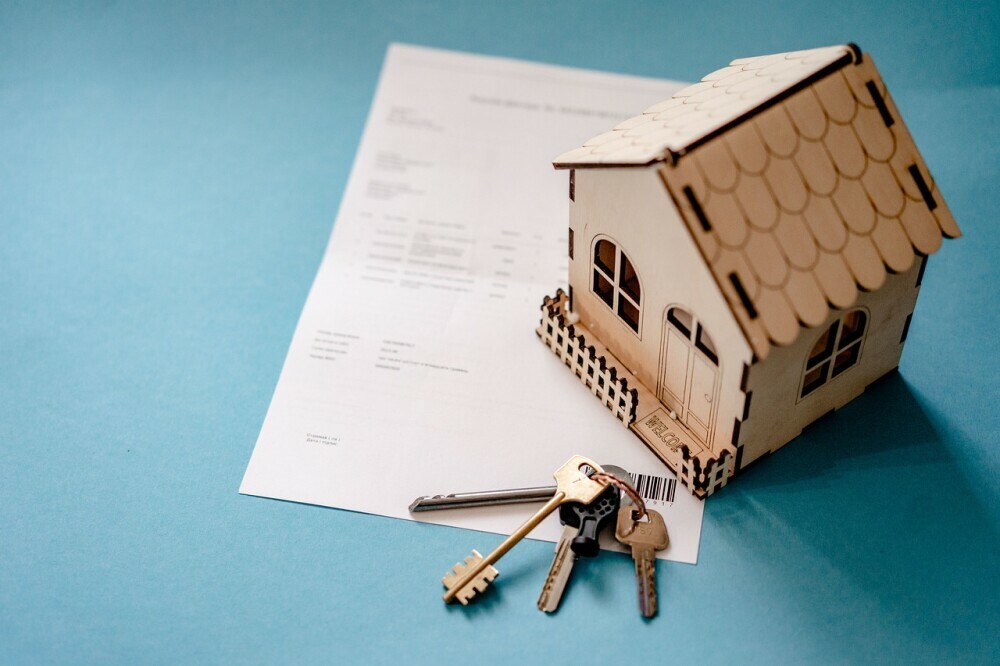
Knowing a property’s true value is crucial for both buyers and sellers. An accurate valuation ensures a fair transaction and avoids potential financial pitfalls. This blog post delves into the world of property valuation, exploring the key factors and methods used for different property types.
The Importance of Accurate Property Valuation
Whether you’re buying, selling, or refinancing a property, understanding its accurate market value is essential. Here’s why:
- Buyers: Prevents overpaying for a property and ensures you secure a good investment.
- Sellers: Helps you price your property competitively to attract potential buyers and achieve a faster sale.
- Lenders: Financial institutions rely on valuations to determine loan eligibility and loan amounts.
Key Factors Affecting Property Valuation
Several factors influence a property’s value:
- Location: Properties in desirable locations with good schools, amenities, and low crime rates typically command higher valuations.
- Condition: The overall condition of the property, including its age, square footage, number of bedrooms and bathrooms, and any necessary repairs, significantly impacts value.
- Market Trends: Understanding current market trends, like supply and demand, economic conditions, and recent sales of comparable properties in the area, is crucial for accurate valuation.
The Valuation Process: A Beginner’s Guide
The property valuation process typically involves the following steps:
- Data Collection: The appraiser gathers information about the property, including size, location, amenities, and condition.
- Market Analysis: The appraiser researches recent sales of comparable properties in the area to understand current market trends.
- Valuation Approach: The appraiser uses one or more valuation methods to estimate the property’s value.
- Report Generation: The appraiser prepares a detailed report outlining the valuation methodology, supporting data, and the estimated market value of the property.
Valuation Techniques for Residential Properties
Several methods are used to value residential properties, with the most common being:
- Comparative Market Analysis (CMA): This method involves comparing the subject property to similar homes that have recently sold in the area.
- Cost Method: This approach estimates the replacement cost of the property, considering the land value and construction costs. However, it may not fully reflect market value.
- Sales Comparison Approach: This method is similar to the CMA but involves a more detailed analysis of comparable properties, including adjustments for factors like size, condition, and location.
Case Studies: Valuation Adjustments for Unique Features or Damage
- Unique Features: A swimming pool, gourmet kitchen, or finished basement can increase a property’s value. However, the appraiser will adjust the valuation based on how desirable these features are in the local market.
- Damage: Structural damage, outdated finishes, or code violations will likely decrease the property’s value. The appraiser will estimate the cost of repairs and factor that amount into the valuation.
Navigating Commercial Property Valuation Complexities
The valuation of commercial properties differs from residential properties in several ways:
- Income Approach: This method is more heavily weighted for commercial properties. It estimates the property’s value based on the net operating income (NOI) it generates, capitalized by a specific rate.
- Lease Agreements: The terms of existing leases can significantly impact a commercial property’s value. Long-term leases with reliable tenants generally translate to higher valuations.
- Cap Rate: The capitalization rate (cap rate) is a key factor in the income approach. It reflects the market’s return on investment for similar commercial properties.
Special Considerations for Unusual Property Types
Valuing unique properties like churches, schools, or historical landmarks presents distinct challenges:
- Zoning and Potential Use: Zoning restrictions and potential alternative uses of the property can influence its value.
- Historical Significance: Historical designation may limit renovations but can also enhance value for certain buyers, such as those seeking tax benefits.
Conclusion
Property valuation is a complex process that considers various factors and methodologies. Understanding these approaches empowers you to make informed decisions when buying, selling, or investing in real estate. Consulting with a qualified professional appraiser is always recommended to ensure an accurate valuation, especially for complex or unique properties.
If you would like to discuss valuation of your property do not hesitate to Call Alan on 07539141257 or 03332241257, or +447539141257 or +443332241257, you can schedule a call with Alan on https://calendly .com/alanje or drop an email to alan@alpusgroup.com.